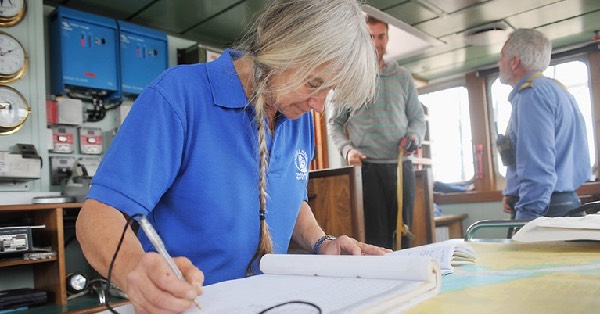Drawing from lessons learned during the COVID-19 pandemic, stakeholders in the global shipping industry have adopted amendments to the Maritime Labour Convention (MLC 2006), to improve the living and working conditions of seafarers.
Governments, seafarers and shipowners from the global shipping industry have agreed eight amendments to the Maritime Labour Convention (MLC, 2006) , as amended, with the aim of improving the living and working conditions of the world’s seafarers.
More than 500 delegates attending part II of the Special Tripartite Meeting of the MLC, 2006 , met in hybrid format from 5 to 13 May 2022. The amendments they agreed will ensure that:
- seafarers have appropriately-sized personal protective equipment, in particular to suit the increasing number of women seafarers;
- good quality drinking water is available free of charge for seafarers;
- States further facilitate the prompt repatriation of abandoned seafarers;
- States provide medical care for seafarers in need of immediate assistance and facilitate the repatriation of the remains of seafarers who have died on board;
- seafarers are provided with appropriate social connectivity by shipowners and States provide internet access in their ports;
- seafarers are informed of their rights relating to the obligation of recruitment and placement services to compensate seafarers for monetary losses; and
- all deaths of seafarers are recorded and reported annually to the ILO and the relevant data is published.
The amendments will be presented for approval to the next session of the International Labour Conference, which will be held in May and June 2022. If approved they should enter into force by December 2024.
In addition to the amendments, the Special Tripartite Committee adopted a number of resolutions related to bullying and harassment of seafarers, including sexual assault and sexual harassment; the financial security system to protect seafarers in cases of abandonment and the need to adopt measures to ensure that all seafarers have adequate means of contractual redress against shipowners.









































